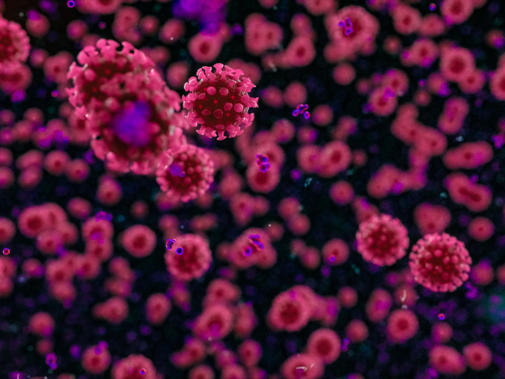In a letter to doctors, BMA Northern Ireland GPs committee chair Alan Stout, together with other signatories, says assessments for coronavirus will be moved out from practices to designated centres to help manage expected large numbers of people carrying the virus.
He writes: 'This is a once-in-a-century challenge to the global community. Many of us feel anxious for ourselves, our families, friends and patients.
'And rightly so. The devastation we are witnessing in Italy demonstrates to all of us exactly what we might face within two to three weeks in our own communities.
'We, as GPs, are going to be right on the front line of that crisis, and never has our experience, our ability to assess risk, our skills at managing conflicting issues, our knowledge of our patients and our patients trust in us, our ability to multitask, and our overall gate-keeping role, been so critically important.
'It has been agreed that we will very rapidly establish "covid centres" in each trust area, staffed by GPs and support staff, using our unique skill sets to help manage the anticipated large numbers of patients requiring medical intervention.
'By moving all the face-to-face assessments for potential coronavirus infections out of practices to shared covid centres, we not only slow down the spread, but we also keep our practices open for triage and non-covid consultations, helping protect ourselves as GPs and our staff.
'We will have GPs and staff becoming infected, most of us will become infected, some symptomatic, some asymptomatic, and a few GPs or their staff, just like the general public, will become seriously ill, but if we can avoid that happening all at the same time, then the outlook for everyone will be greatly improved.
'Practices will be asked to transfer a proportion of their general medical services capacity to their covid centres. This is based on one session per 1,000 patients. If further capacity is required then funding will be available for covid centres to employ additional sessions provided by GPs or sessional doctors.
'Rotas will be organised and populated by GP federations to allow maximum flexibility between practices. Local arrangements may vary slightly, but the crucial factor is that GPs will lead and deliver the clinical care. In many areas, the trusts will provide premises, logistics and administration, and we will inevitably work closely with district nursing and community respiratory teams.
'We have worked very closely, with, and been greatly supported by the Department of Health, the Health and Social Care Board, trusts and out-of-hours providers. This will only succeed if we work together.
'The BMA Northern Ireland GPs committee, Royal College of GPs, local medical committees and federations are all supportive, and are crucially important in the delivery of this strategy.
'To GPs of all descriptions, partners, salaried, sessional, trainees, retainers, returners, and recently retired, we are asking you to support us at this crucial time, and help us manage this crisis over the next few months.
'The operational details will be slightly different in different areas, and your own LMC and federations may have slight variations, but the principles remain the same. We will also ensure you have the appropriate level of personal protective equipment at all times.
'Those of us signing this letter will be working on the front line alongside you. Other generations of doctors have had to face the challenges of war and serious political unrest. This one is greater and it falls to us. It is our time.
'We will not be found wanting.'
NIGPC chair Alan Stout
RCGP chair Laurence Dorman
All LMC officers
All federation chairs

